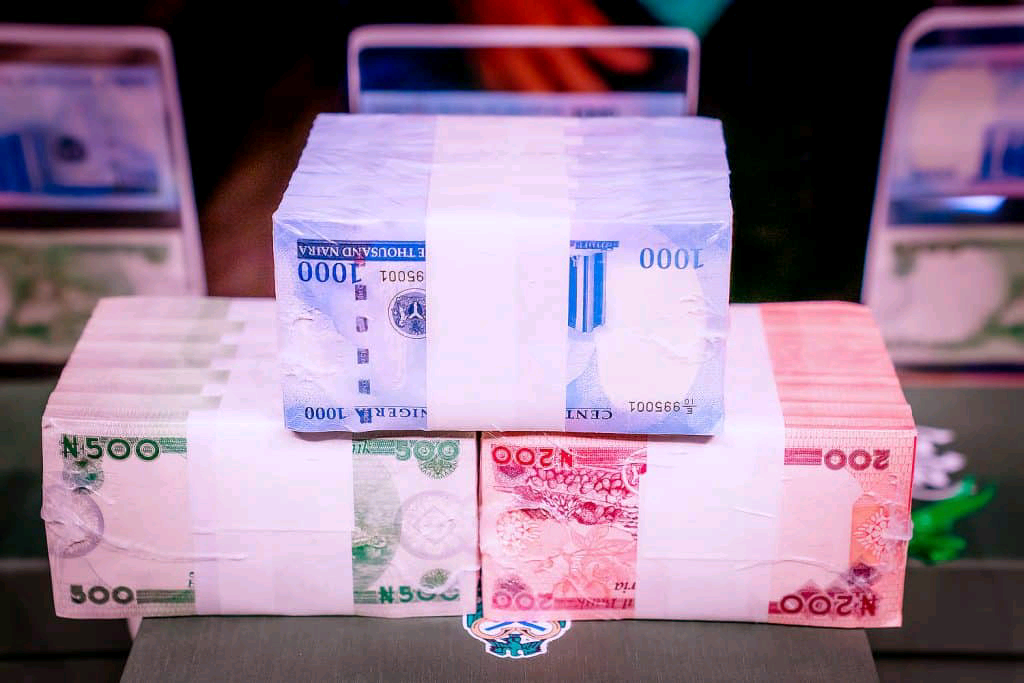By: Chioma Madonna Ndukwu
Nigeria’s external debt has surged by N30.03 trillion between 2023 and June 2024, primarily due to the devaluation of the naira. While the total debt in dollar terms only slightly decreased, the local currency equivalent has ballooned. In June 2023, Nigeria’s external debt was $43.16 billion (N33.25 trillion). By June 2024, despite a modest drop in dollar terms, the devaluation of the naira pushed this figure up to N63.07 trillion.
The naira has depreciated by 47.6% within the year, from N770.38 to N1,470.19 per dollar, driving up the country’s debt burden in naira terms. If the 2023 exchange rate had remained, the debt would have stayed at around N33.05 trillion, indicating that currency fluctuations alone have added N30.02 trillion to Nigeria’s debt.
The Debt Management Office’s report highlights the difficulty in managing external debt amidst such volatility, and experts call for fiscal discipline and effective debt management strategies. The government’s ability to address these challenges will be vital for Nigeria’s economic stability.
It is worrying to see Nigeria’s external debt rise so dramatically due to currency fluctuations. This points to the country’s vulnerability in managing external obligations, and the ever-weakening naira only adds more pressure on an already strained economy. It will take real fiscal commitment to change this trajectory.


